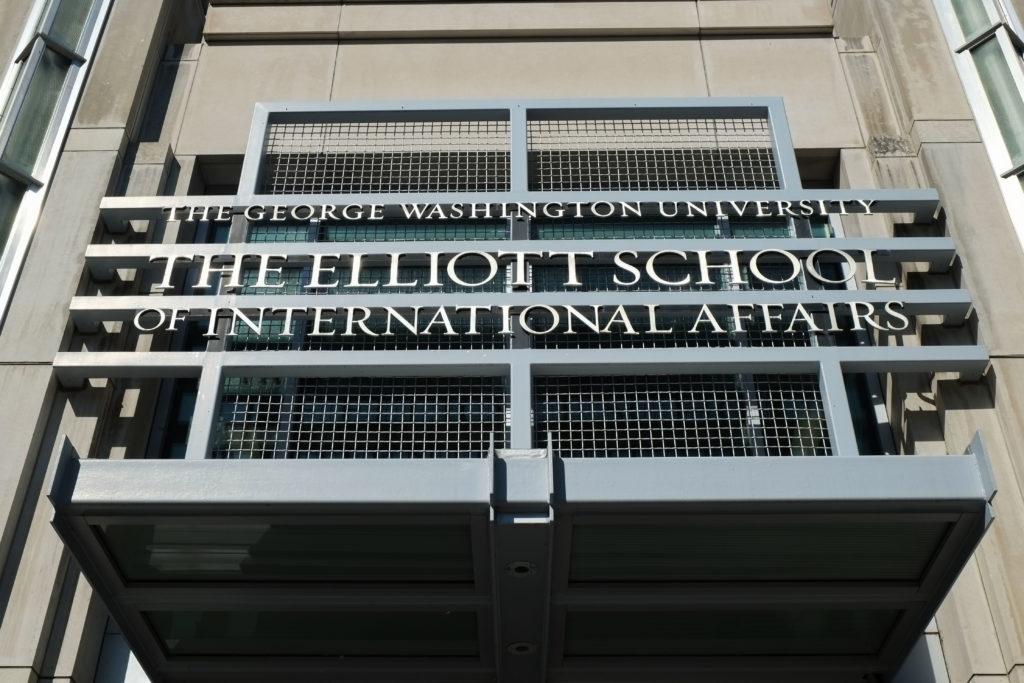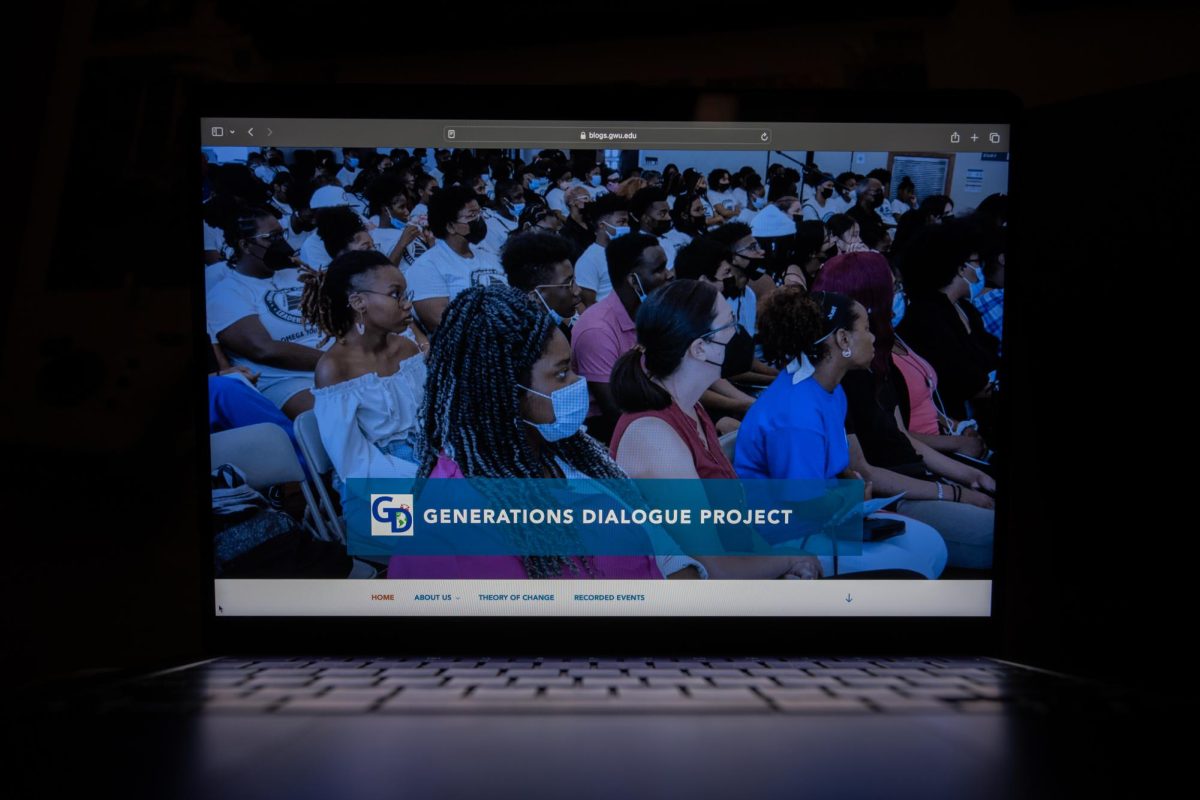Updated: Oct. 14, 2022 at 1:40 p.m.
The Elliott School of International Affairs started offering a new concentration this semester that will allow students to focus on the role of gender in the global landscape of security and politics.
Elliott School officials established the Gender in International Affairs concentration last spring after faculty and students advocated for a curricular focus on acknowledging the impact that global issues have on different genders. Gender in International Affairs will join concentrations like Conflict Resolution, Security Policy and International Economics, and will be the 16th concentration for undergraduates studying international affairs.
Shirley Graham – the director of the Gender Equality Initiative in International Affairs, a group of Elliott School faculty and staff who promotes gender inclusivity in international affairs – said she created the concentration to make students more proficient in the growing field of gender in international affairs after her students expressed interest in the topic in past semesters. She said she presented the gender concentration to the dean of the Elliott School’s Council last spring, and the council approved the concentration with unanimous support.
The concentration requires students to take Masculinities in International Affairs and either Women in Global Politics or Women’s Rights and Gender Equality. Students enrolled in the concentration must also complete three additional courses that are connected to gender, like Women in Asia, Migration, Gender and International Development and Global Women’s Health Lecture.
She added that Elliott has 22 courses on gender in international affairs – more than any other university in the D.C. area.
“This makes the Elliott School a leader in the field of Gender in International Affairs by recognizing feminist international relations theory and gender analysis as critical tools in fully understanding processes of globalization, international development, humanitarian crises, violent extremism, conflict, peace and security,” Graham said in an email.
Elliott School students also have the option to choose a regional concentration like the Middle Eastern and African concentrations.
Graham said classes in the concentration will be taught through a “feminist, intersectional lens” which will expose students to issues relating to women, people of color and members of the LGBTQ+ community like women in leadership positions and gender-based violence.
“Graduates of this concentration will be able to draw on this analytical framework to explain current and emerging gender issues in international affairs and develop informed arguments and pragmatic policy recommendations in response,” Graham said.
Christina Fink, the director of the Bachelor of Arts and Bachelor of Science in International Affairs majors, said graduates of the concentration will be able to bring their perspectives in gender to a professional setting in political, economic and social institutions, which will help them work to create a more fair society for those of all genders.
“It enables people to get jobs after they graduate in which they can bring a gender lens to their work in the government or in the development sector and private industry or wherever they may end up,” Fink said.
She said many people think gender courses are only about women, but the focus of concentration is to tackle the challenges all genders face with inequality.
“The reality is when there are strict gender norms in a society, that has negative implications for men as well,” Fink said. “So addressing gender is about addressing both the challenges and opportunities or barriers to opportunities for men, women and everybody across the gender spectrum.”
Mona Samadi – an associate professor of religion who teaches Women in Islam, a class within the new Elliott School concentration – said the inclusion of all genders in international affairs decisions can foster “stability” and peace.
“Women and girls represent half of the world’s population, but they also represent half of the potential that countries have not taken a good usage of,” she said. “Gender equality, besides being a fundamental human right, is also proven that once women get to play a part in deciding how society should function, it leads to more peace, it leads to more potential within that society.”
Samadi said gender education is essential to understanding the biases and prejudices that affect how foreign policy is targeted toward certain groups.
“So much has changed, but also at times, it just feels like nothing has changed,” Samadi said. “We take a couple of steps forward only to take a couple of steps back. I think the biggest change I’ve realized, or shift is just realizing the differences between people and showing more respect to that and being more nuanced in understanding how people relate and so forth.”
Students in the Elliott School said focusing on gender, especially in national security, will help bridge gaps in an international affairs education that did not previously address women’s existence and priorities in international policy.
Mary Glavey, a sophomore in the Elliott School, said she’s been considering declaring a concentration in Gender in International Affairs after Graham introduced her to the focus.
“Any data available on women’s security has proven to be very indicative of other conditions, and it’s just an important aspect to think about when learning about international affairs,” Glavey said.
This post has been updated to correct the following:
The Hatchet incorrectly reported that Women and Terrorism is a required course for the concentration. Women’s Rights and Gender Equality is a required course for the concentration. The Hatchet also reported that Fink said gender in academic settings usually only addresses women. Fink said many people think gender courses are only about women. We regret these errors.






